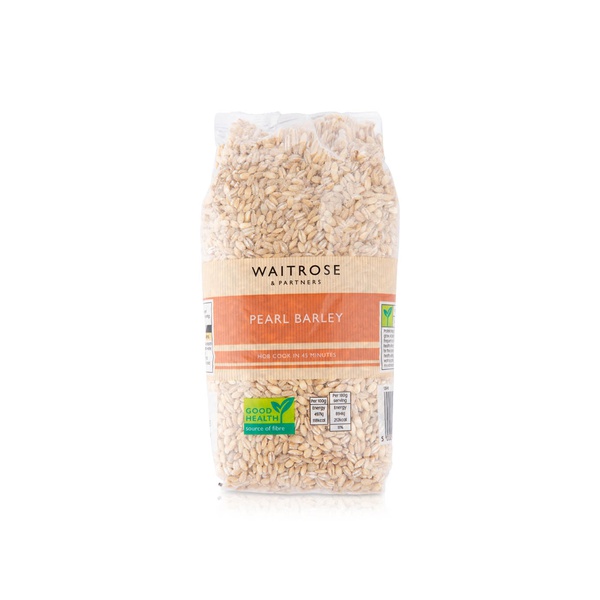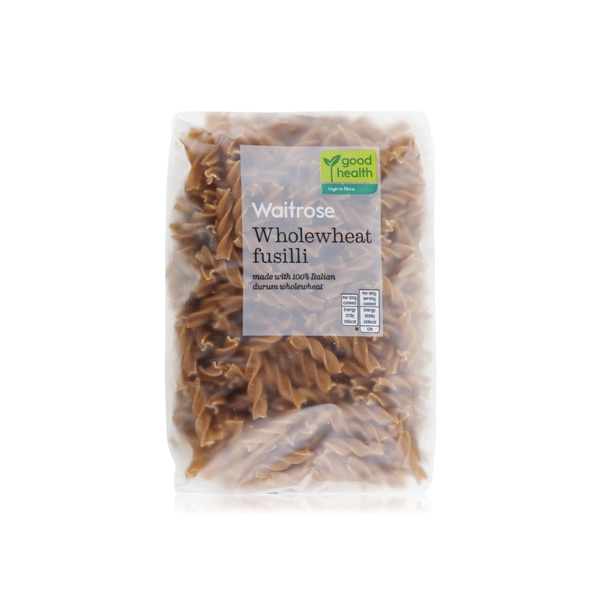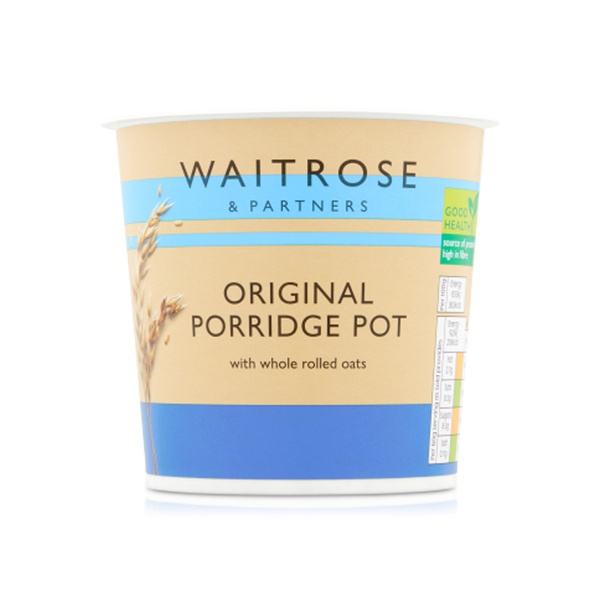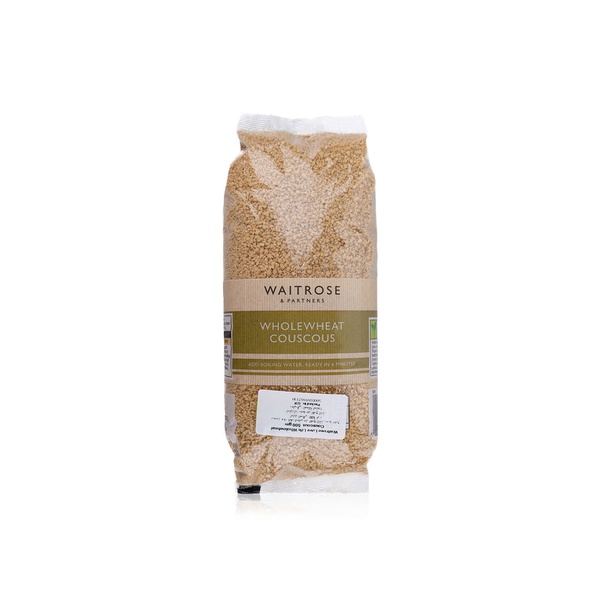What you need to know about carbs
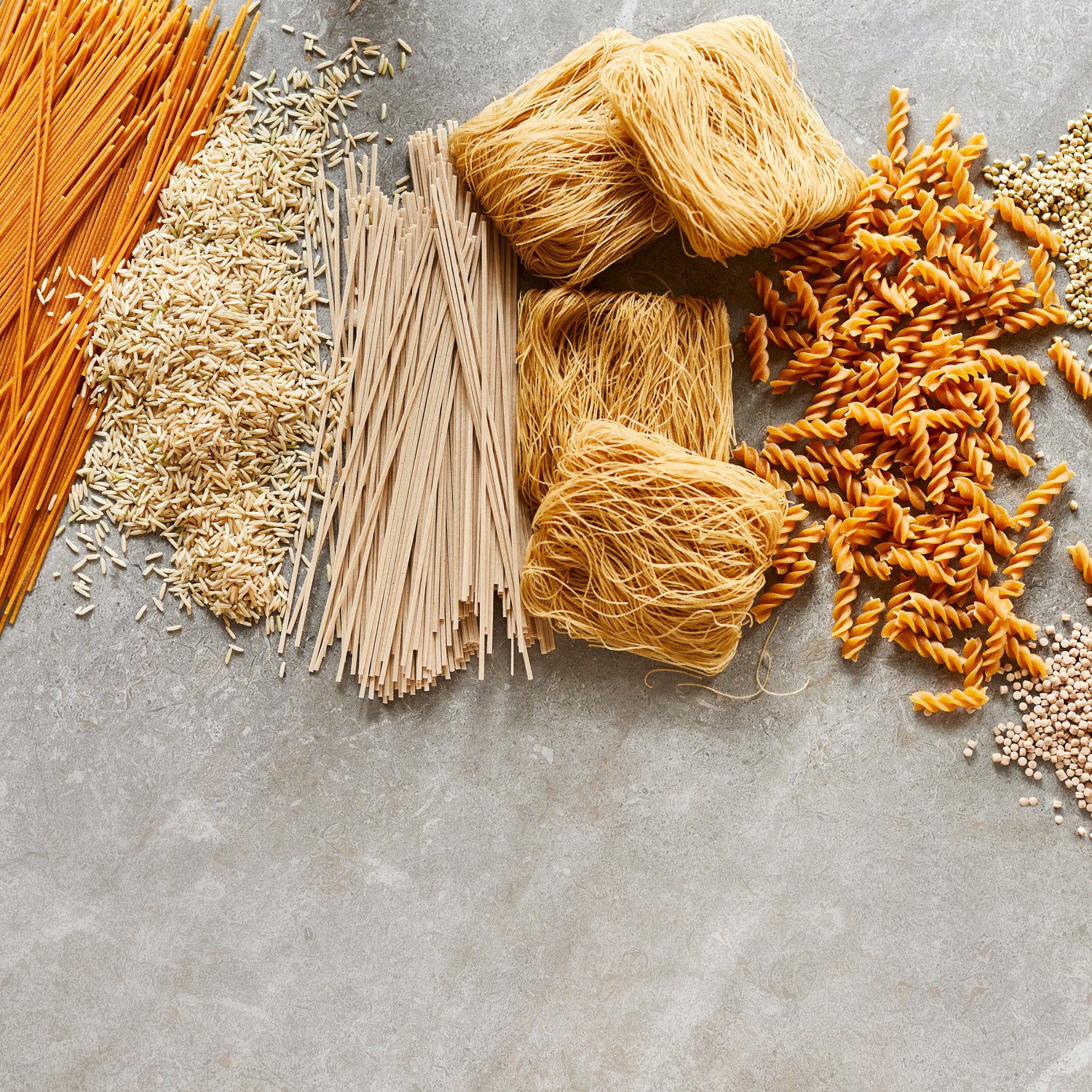
They get a lot of bad press, but foods high in carbs are crucial for energy and fibre. It's time to make them your friend.
Let’s start at the beginning: what are carbohydrates? Alongside fat and protein, carbohydrates are one of the three key macronutrients that form part of the human diet. The term covers an extremely broad category, but there are two main types. The first is starches: found in foods such as bread, rice, pasta, potatoes and beans. The second is sugars; including naturally occurring sugars found in fruit and dairy products, as well as added sugar – the kind added to food and drinks, from cereals to biscuits.
The popularity of low-carb diets has left many people confused about carbohydrates, and even believing that they are ‘bad’. But carbohydrate-rich foods help us meet our nutritional needs and even prevent disease – they deserve a place on our plates.
They get a lot of bad press, but foods high in carbs are crucial for energy and fibre. It's time to make them your friend.”
Why are they important?
When we consume carbs, they break down into glucose (sugar), which is what the body uses for its main source of energy – fuelling everything from muscles to brain cells. We also get much of our fibre from carbohydrate-rich foods – oats, for example, wholegrains and cereal products, as well as fruits and vegetables. There are many essential vitamins and minerals in foods containing carbohydrates too; fruit is rich in vitamin C, while wholegrains provide B vitamins.
What happens if you don’t get enough?
Cutting back on foods high in carbs might mean you’ll lack fibre, something many already struggle to consume enough of (the daily target for adults is 30g). Fibre is key to a healthy digestive system, but it can also help to reduce the risk of certain diseases such as type 2 diabetes, heart disease and some cancers. If you severely restrict carbohydrate intake, the body is forced to use fat for energy instead. Although many low-carb diets deliberately induce this to cause weight loss, the side effects may include headaches, low blood pressure and glucose levels, a lack of energy, dizziness and dehydration. It’s therefore not considered a sustainable weight loss method by the majority of healthcare professionals. Gram for gram, carbs contain far fewer calories than fat; if you’re eating reasonably sized portions as part of a healthy, balanced diet, carbs should not make you gain weight.
If you’re eating a healthy, balanced diet, carbs should not make you gain weight.”
Are some high-carb foods better than others?
While it doesn’t make sense to talk about ‘bad’ carbs, some foods high in carbohydrates – for example brown rice and brown bread – are more nutritious than others. Certain foods also provide us with a longer-lasting source of energy. The glycaemic index (GI) is a rating system for foods containing carbohydrates, which shows how quickly foods affect your blood sugar level. In general, wholegrain starches, fruits, vegetables, beans and lentils are all lower on the GI index, meaning they are digested, absorbed and broken down into glucose more slowly. This helps keep your blood sugar levels stable throughout the day and can also help you feel fuller for longer. Sugary foods and refined starches, by contrast, tend to have a higher GI; they pass through the body more quickly, meaning you might have a brief spike in energy, but then feel drained, sluggish or hungry soon after.
How much should I eat?
It’s recommended that just over a third of the food we eat should be high in starchy carbs, while 40% should be fruit and vegetables. (Protein sources such as meat, fish, dairy, beans and lentils should make up 20%, and oils and fats just 1%.) However, individual needs vary – if you have an active job and also exercise a lot, you may need more carbohydrates than a person with a sedentary lifestyle. As ever, the key to a healthy diet is balance and variety. People often gravitate towards wheat-based carbs such as pasta, but try quinoa, oats and rye too – they’re a good source of carbohydrates, and some offer protein too. So tuck into that bowl of lentil stew or wholegrain pasta; it will do you good.
GOOD SOURCES OF CARBS
Basmati rice
Whether you choose white or wholegrain, basmatihas a much lower GI than long-grain rice – which means it releases its energy more slowly.
Kidney beans
Rich in protein and fibre, plus a plant-based source of iron, these are a quick and budget-friendly way to bulk up chillies, stews and soups. Plus three tablespoons fulfils 1 of your 5 a day.
Apples
A good source of carbs, fibre and vitamins. Pair with a little protein in the form of cheese or yogurt and you’ve got a healthy, filling snack.
Pearl barley
Alongside oats, fibre-packed barley can help optimise cholesterol levels when consumed as part of a balanced diet.
Sweet potato
These are a good source of vitamins A and C and an 80g portion counts as 1 of your 5 a day. They’re particularly delicious roasted as wedges.
Plain popcorn
Popcorn is a complete wholegrain, and a 25-30g portion is a great snack choice as it’s relatively low in calories too.
